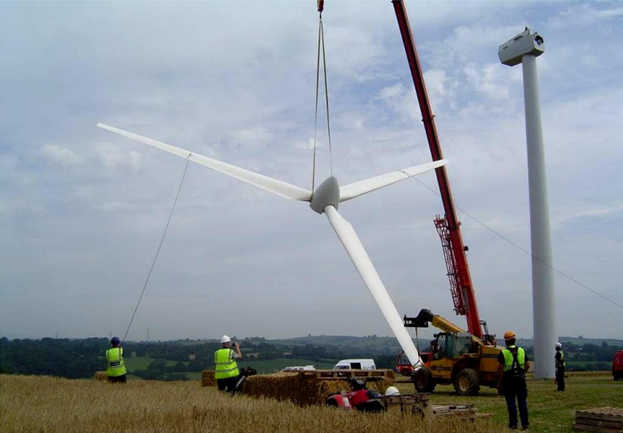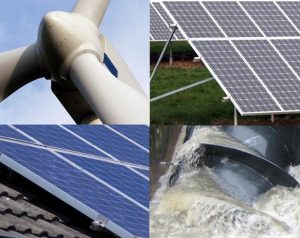Here we have collated links to information that will help you develop a community energy project. Don’t hesitate to get in touch if you need further assistance.
On this page:
- Getting Started
- Choosing a Legal Structure
- Developing a Project
- Community Energy Checklists
- Community Energy Legal Toolkit
- Neighbourhood Planning
- Getting a Grid Connection
- Community Energy Blog
Getting Started with Community Energy
The best place to start your community’s journey in community energy is the ‘How to’ section of the Community Energy England website.
Choosing a Legal Structure

Any community group looking to take forward a renewable energy project will need to give considerable attention to having the right legal status. Unless the group becomes one of a number of possible incorporated entities, there are a number of fundamental issues that may well arise:
- Access to grants or other sources of funds will be difficult, if not impossible, to get
- Few third parties such as property owners and installers will offer or undertake contracts
- Accountability of decisions, especially financial, will be unenforceable
- The laws for raising money by public share subscription are very strict, and therefore this will be inhibited
- Individuals are likely to be at risk of personal financial liability for any problems or failures.
Community Energy England provides guidance on choosing a legal structure and registering your new organisation.
Developing a Project
Community energy projects can take the form of electricity generation, energy efficiency and retrofit services, heat generation, demand-side management, energy storage, local supply and low carbon transport.
Community Energy England has plenty of information to guide you through setting up your own project that’s right for your community.
Community Energy Checklists
Devon County Council, Esmee Fairbairn and Regen have put together a set of checklists for community energy organisations. This is to ensure you have all you need to get your community energy group going. Have a look at the six we have below, helping you with:
- A Business Plan
- Community Engagement
- Share Offers (to raise money from your community)
- Press Releases
- Investment Readiness
- Social Media
Community Energy Legal Toolkit
Devon County Council has teamed up with Foot Anstey and Climate Positive to prepare a Community Energy Legal Toolkit to help community energy groups understand good practice in developing community energy projects so that their community’s interests are properly protected.
The toolkit presents four flowcharts, each of which describes the process for developing a different community energy project – wind, hydro, rooftop solar PV and ground mount solar PV – from convening an enthusiastic group through to commissioning the scheme. At key stages of the process the flowcharts advise which legal agreements should be agreed by various parties. Templates are provided for these agreements, accessed through hyperlinks in the flowcharts.
Neighbourhood Planning
Getting to grips with your local planning system and developing your own neighbourhood plan is a key way to ensure that low carbon development is accounted for in your local area.
Free neighbourhood planning advice and assistance is available from the Centre for Sustainable Energy.
Getting a Grid Connection
If you are preparing a renewable energy project, you’ll most likely need to connect it to the local distribution network so that you can export the power. The Distribution Network Operator in Devon is National Grid Electricity Distribution. Community Energy England explain all you need to know about grid connections.
Community Energy Blog
This blog is written for community energy groups or anyone interested in climate change and its mitigation. Its main focus is on research in areas such as Decarbonisation, Renewable Energy, Retrofit of Buildings, Energy Systems and Policy.
